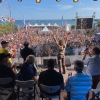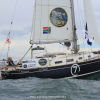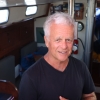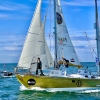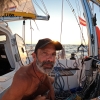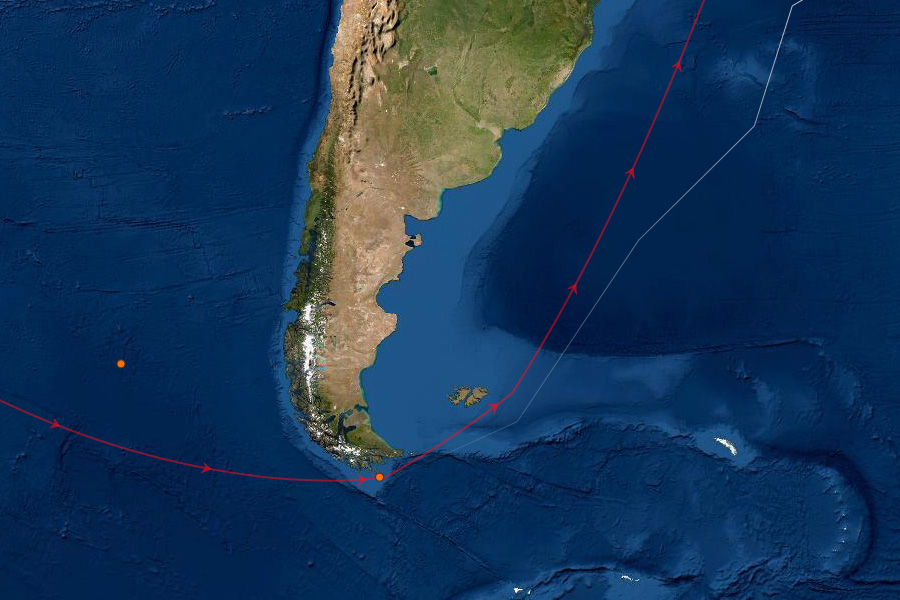We see the GGR as an illustration of sufficiency, frugality, and slowness. In a world where sobriety is becoming a necessity to reduce our dependence on fossil fuels, sobriety is an immediate response to technology, which requires a longer development time, and can involve negative consequences.
Sobriety, Sufficiency: What are we talking about?
According to the French Agency for the Environment and Energy Management (ADEME): “In a context where natural resources are limited, sufficiency consists in questioning our needs and satisfying them while limiting their impact on the environment. It must lead us to change our production and consumption patterns and, more generally, our lifestyles, both individually and collectively.” […] “The notion of sufficiency is also found in other terms that are themselves poorly defined and sometimes used differently depending on the actors and approaches: voluntary simplicity, frugality, moderation, self-limitation, etc.”
The GGR allows us to demonstrate that we can complete a performance, a world tour, in a different way, with just as much success and excitement.
The GGR is an inspiring example of ocean racing that makes people dream from start to finish, and through imagination and positive inspiration, can trigger changes in behaviour.
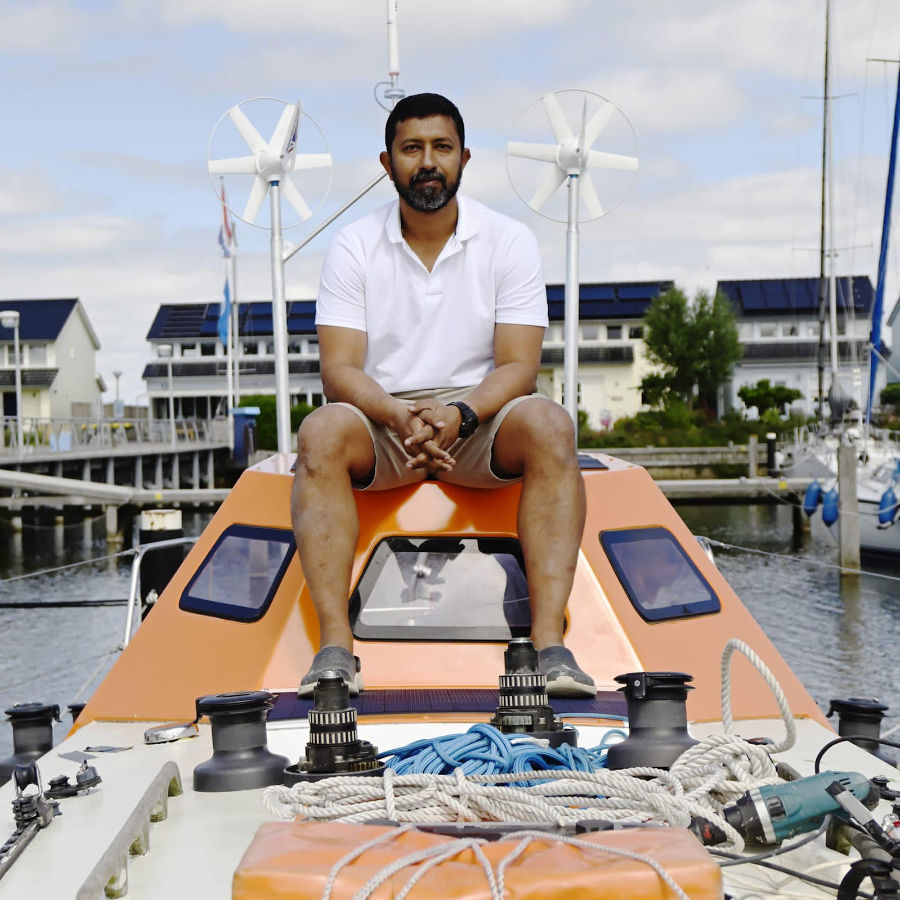
“[The GGR] is the most difficult race that you can think of, plus the fact that you are not allowed to use a lot of technology means that it will rely on the skills of the sailor to finish and to win the race. […] The fundamental condition of this race is you can only take the wind, the waves to go around the earth. […] The Golden Globe Race wants you to go around the earth without taking anything, you have to use what you have to survive and to go around the earth.”
Abhilash Tomy, GGR 2018 & 2022 Skipper
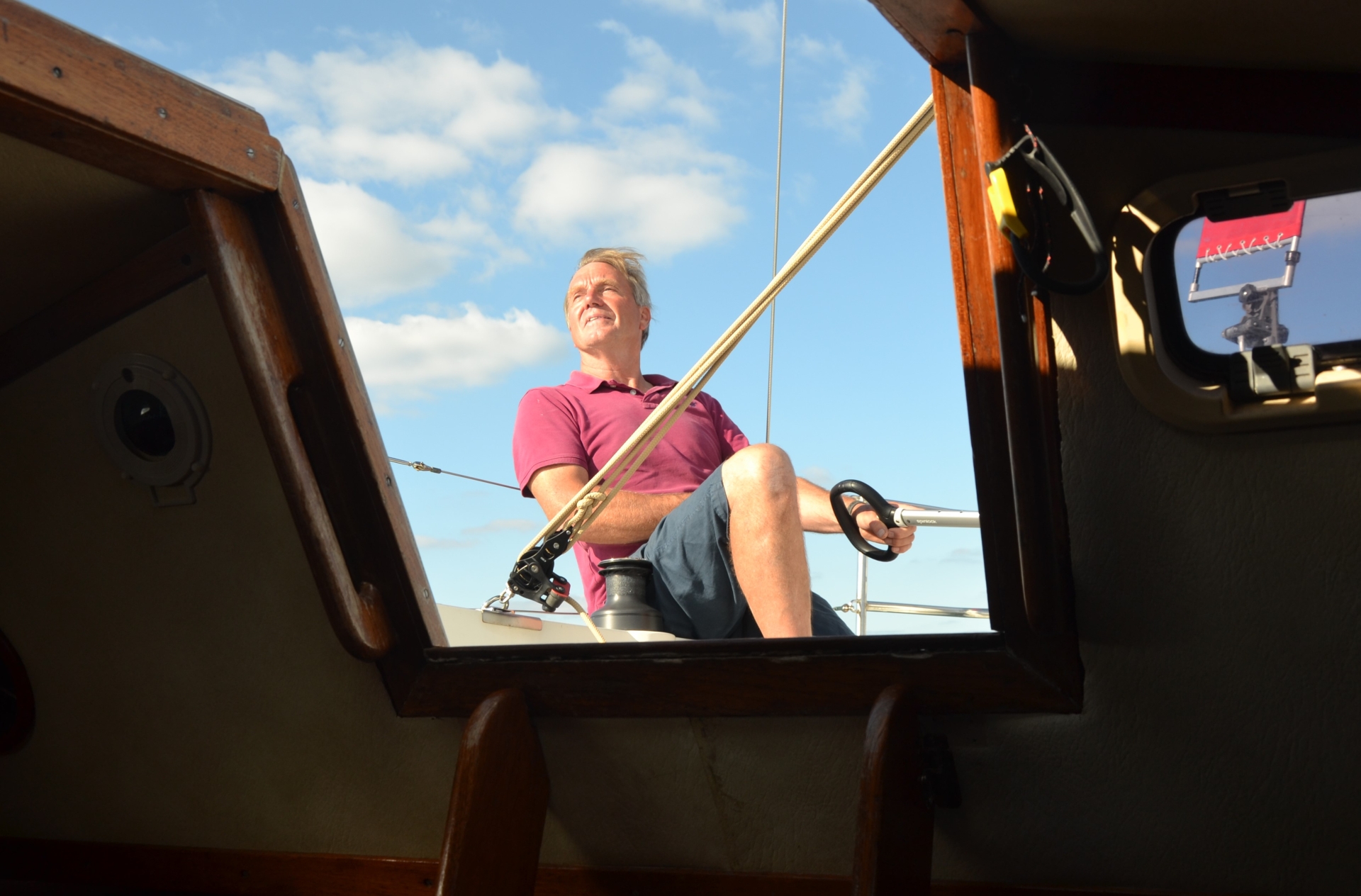
“By definition, the boats that we are sailing are all recycled, my boat is now 46 years old, and this event gives it a new purpose. There are no new boats in the race, so in that context all our campaigns are sustainable.
Our energy requirements are very modest and are primarily for communication and safety and the energy we generate is from renewable resources. My energy will come from solar power and hydrogeneration, using the power of the wind driving the boat and generator though the water. We will be using natural resources of the wind and sun to power us around the world.
The rules of the race require us to be responsible about materials and waste. Single use plastic is not permitted, and all our waste from food packaging must be brought back to land for recycling.
It would be great to think there could be a future for this type of event alongside the high-tech sailing events.“
Simon Curwen, GGR 2022 Skipper
Environmental regulations in the GGR 2018 required all entrants to develop and submit a full waste management plan as part of their entry process into the event. This required a description of secure storage process and an estimate of each category of waste, plastic, glass, metal etc. Nothing other than food was allowed over the side. This was checked against total rubbish taken off Jean-Luc Van Den Heede and Mark Slats on arrival in Les Sables d’Olonne.
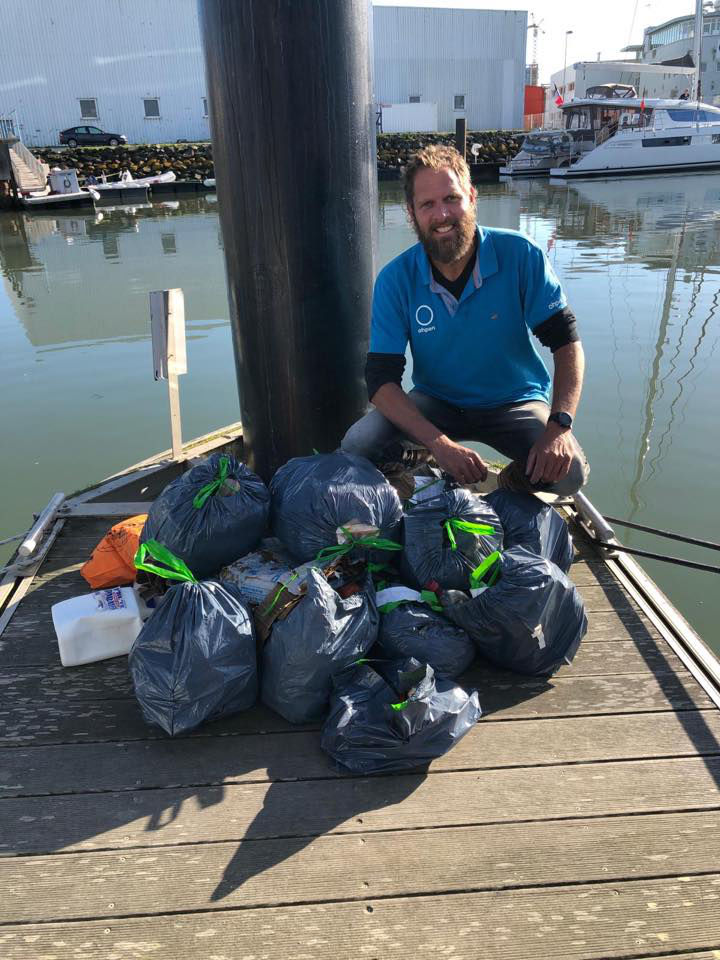
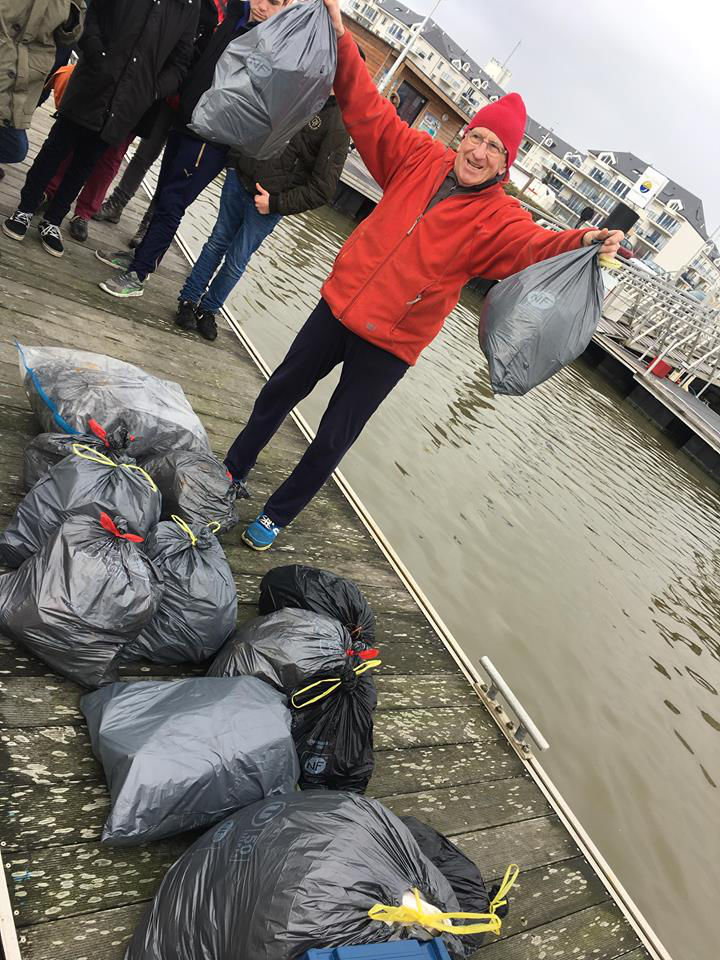
“Simple things can make a difference. In 2018, our GGR entrant waste management plans were a world first. We hope other events copy the example. In 2022, we have introduced a 2-hour time penalty for every litre of diesel consumed. So as well as solar and hydro generators, we are now seeing wind generators for the first time in the GGR.”
Don McIntyre, Founder of the GGR
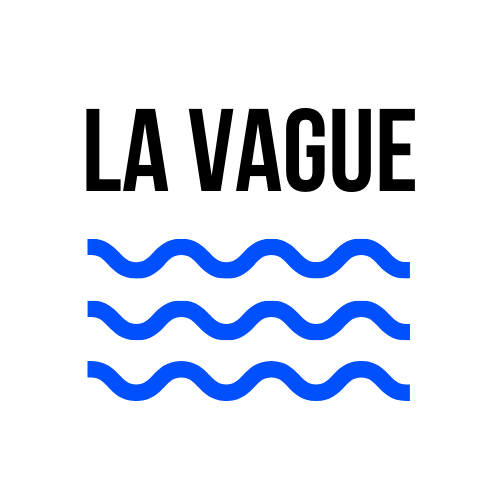
“Collectively confronted with a climate emergency, we cannot postpone our transformation towards a sustainable model. La Vague is convinced that there is no other way for ocean racing than to meet its objectives and do its share of the collective work of heading towards more sobriety and sufficiency.
The GGR is proof by example that sober and sufficient ocean racing is not only possible, but also desirable! Its tremendous success with sailors and “landlubbers” alike brings us back to the essence of our sport: there is no need for high speeds to race, for speedboats at the start to admire, for high-speed connections to dream…”
La Vague Association
What we do for GGR 2022
- To inspire through the GGR philosophy
- To identify and promote what the GGR is already doing
- To promote the GGR as an inspiring initiative in offshore racing
- To promote the philosophy of the race and its contribution to the reflections during the village
What we are aware we don’t do but plan for the next GGR
- To assess our impacts and aim at reducing even more the carbon footprint of the event.
- To use what is already done elsewhere, in particular the tools developed by the 11th hour racing, and other tools deemed relevant
- To make the rules of the GGR race evolve and in a general way, to contribute to the collective reflection around the carbon impact in ocean racing

